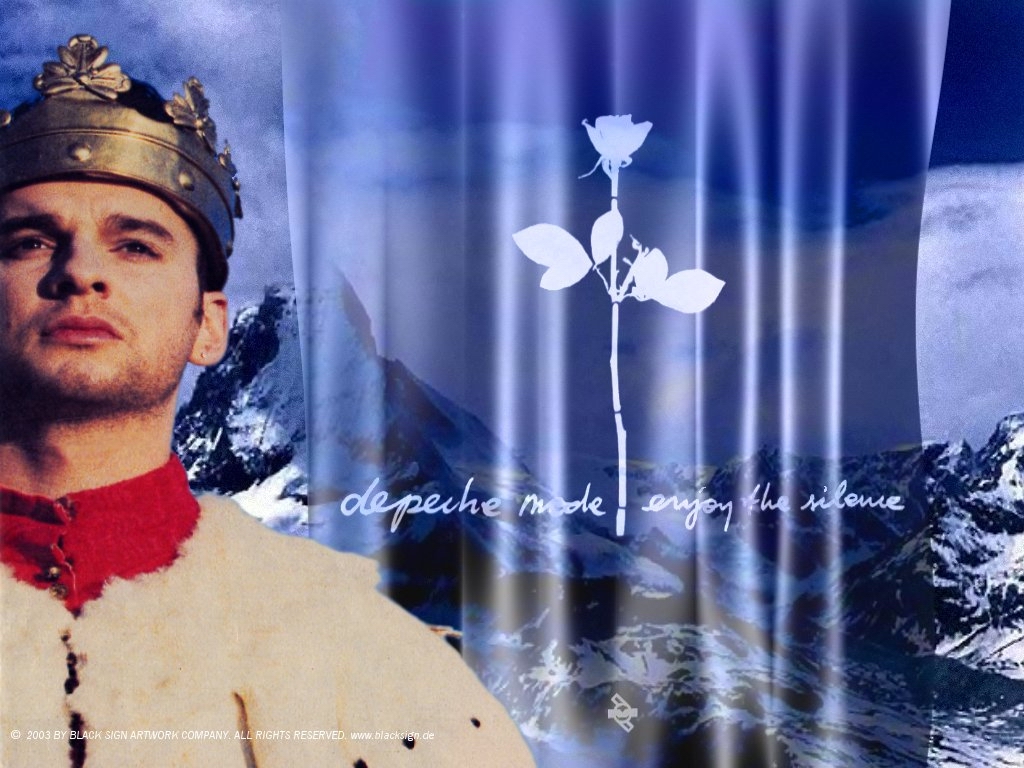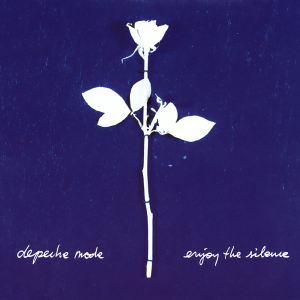 Export guarantees for controversial dam dependent on immediate action
Export guarantees for controversial dam dependent on immediate actionApril 1, 2008
ISTANBUL – Turkish Daily News
Questions raised by a recent report may imperil funding for the controversial Ilısu dam project in southeastern Turkey.
Representatives from Swiss, German and Austrian credit agencies visited Turkey to discuss the future of the project following the release of a new report by a commission of international experts hired by European Credit Agencies (ECA), which provides credit and insurance for the Ilısu Dam Project.
Ilısu is currently the largest dam project in Turkey. The site is located on the Dicle River in southeastern Turkey, 65 km upstream from the Syrian and Iraqi borders. The project is highly controversial due to a variety of political, social, environmental, economic, and archaeological reasons.
The meeting was closed to the press and details of what was discussed were not released, however some foreign media institutions claimed that export guarantees for the project might be withdrawn by the agencies.
"The irony is that this project would never be considered in the first place in the European countries that are financing the Ilisu dam," said Erkut Ertürk, campaign coordinator for Doğa Derneği (Nature) Association. Doğa Derneği recently launched a campaign to save the 12,000-year-old site of Hasankeyf and several species endemic to the region and endangered by the project. Ertürk said the group is strongly urging the credit agencies to withdraw their support before the project causes irreversible devastation to Turkey's natural and cultural heritage.
The report concluded the Turkish government failed to meet many of the 153 criteria established as prerequisites for receiving government-backed export guarantees.
The independent Ilısu Committee of Experts (CoE) visited the site in early December 2007 to establish a working relationship between the CoE and the Project Implementation Unit (PIU), which is under the direction of the Turkish State Waterworks (DSİ).
Following the visit, the CoE set two main points to be discussed in the report concerning PIU and the organization of future CoE site visits. The report stated that, "During the site visit the experts came to the conclusion that PIU was not yet operating in the way required." The reasons for these shortcomings were identified mainly as "lack of senior experienced staff, insufficient human resources, deficiencies in information on specific obligations as well as inadequate decision taking processes" in the report.
Berlin might suspend export guarantees Der Spiegel Magazine reported on March 24 that Germany is considering suspending export guarantees for the planned construction of a controversial dam in Turkey that would flood ancient cultural treasures and force the displacement of tens of thousands of residents.
"The German government moved earlier this month to delay and possibly suspend the export guarantees following the release of the report by experts," reported the magazine.
Germany, Austria and Switzerland had tied export guarantees to 153 international standards that Turkey, mainly the responsibility of the PIU, needed to fulfill. However experts notified the financial consortium that Turkey has not yet met the criteria.
The panel of experts revealed in their report that PIU is still in the process of being set up and beginning operations, and that at the time of the site visit was not yet operational. "This also explains the fact that no information was obtained beforehand, despite the occasion of the Zurich meeting held in October 2007 where it had been agreed that specific information, mainly the scope of work for biodiversity studies, would be submitted to the experts before the December site visit," the report noted.
In view of this, one of the central recommendations of the experts in the report is to improve the PIU in order to meet requirements, such as human resources, budgetary issues, administrative structure, information flow.
"The project is a complete farce" One of the highest priorities among the 153 is for Turkey to undertake a biodiversity survey of the area. It is well known that Turkey is one of the richest countries in terms of rare species, some of which are found only in the area where the Ilısu dam is planned to be constructed.
The report also points out the urgency of compiling a list detailing the condition of these species, especially if the project is constructed.
The experts emphasized in their report that no scope of work was available on terrestrial and aquatic biodiversity survey and monitoring at the time of the site visit, adding, "it is important to point out clearly, as was said on the occasion of the site visit wrap-up meeting in Ankara on Dec. 10, 2007, that a failure to start these investigations in early March this year at the latest could mean that the start of construction work would need to be postponed by one year in order to meet the Final Assessment Meeting requirements."
The experts prepared a draft scope of work, which was then discussed with PIU in detail, according to the report.
"As the recent report of the committee of experts clearly shows this whole project is a complete farce as it will not only destroy one of Turkey's most important cultural sites such as Hasankeyf but also will cause the extinction of endemic species from the region such as the Euphrates soft-shell turtle," said Ertürk.
One of the species needing special attention is the Euphrates Soft-shelled Turtle (Rafetus euphraticus). This endangered species is found only in the (Firat) Euphrates and Dicle (Tigris) rivers and their number is declining in Turkey because of dams.
According to a report by the Doğa Derneği, major dams cause fundamental changes to water quality. Changes affect the flow of water downstream, making it impossible for the species to survive downstream. In addition the loss of sandbank nesting habitats due to flooding and sand mining is also a serious threat to the turtles, argues the report by Doğa Derneği.
This rare species is not the only thing endangered by the project, argues the association. They cited nearly 10 more species imperiled by the project, such as Pied Kingfisher (Ceryle rudis) that breeds only in Turkey and for which the riparian zone (sand banks) of the Dicle River is the last main breeding area of the species in Turkey and in Europe.
No archaeological or historical survey provided Another high priority action demanded by the experts in the report is a comprehensive study on the cultural heritage and historical assets of the site. The experts criticized Turkey for not having enacted any broad research regarding the issue.
According to the experts, most urgent is an archaeological and historical survey of the area, in which construction work for the dam site is planned to start soon, an ethnographical survey and study of the villages to be resettled first.
For this year, surveys should be carried out where no archaeological, historical and ethnographical surveys have yet been conducted. These surveys serve as the basis for all future decisions concerning the location of additional excavations, documentation of historical monuments and detailed documentation of vernacular architecture and intangible heritage of the affected villages, is emphasized.
Work for the construction site cannot be started before the surveys in the dam site area and all areas affected by mobilization work have been finished, the report warned Turkey.
Relocation of 12,000-year-old site The location of New Hasankeyf and the nearby planned cultural park was another issue discussed in the report. The location preferred at the moment by the consortium is located on the northern bank of the Dicle River and the future reservoir, linking the new settlement and the cultural park with one another.
It has been proposed in the report that all historical monuments planned for relocation should be located there. The dividing vadi would then be integrated into the park and would become the new location for the remains of the Artukid bridge.
On the southern bank of the Dicle the upper town of old Hasankeyf will be turned into an archaeological park. No detailed proposals for this park have yet been developed, according to experts.
The proposal takes into consideration the important task of the creating future income for Hasankeyf through cultural tourism, but it is not convincing with regard to the preservation of cultural heritage and the peculiarity of Hasankeyf. In addition, studies on the technical possibilities for transporting huge monuments across the river have apparently not yet been undertaken.
 Don't ask me why, but analysing discourses have an awkward effect on my everyday life. Here I sit, writing how a symbolic order is established through words (words, words, words...), and how their analysis would reveal a part of our constructed truth, and I long for an old (indeed 18 year old) song telling just the opposite... (The vieo of this song remains as one of my all time favourites, too. Could it be the effect of the little prince theme? I was afterall still a kid, when it came out.)
Don't ask me why, but analysing discourses have an awkward effect on my everyday life. Here I sit, writing how a symbolic order is established through words (words, words, words...), and how their analysis would reveal a part of our constructed truth, and I long for an old (indeed 18 year old) song telling just the opposite... (The vieo of this song remains as one of my all time favourites, too. Could it be the effect of the little prince theme? I was afterall still a kid, when it came out.) 






